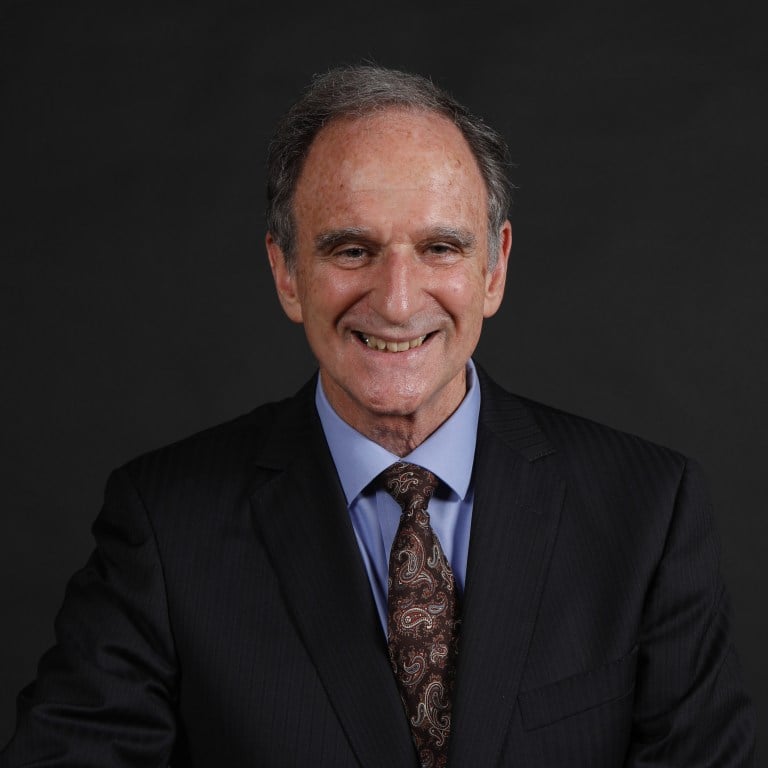Martin Hellman, electrical engineering professor and adjunct senior fellow for nuclear risk analysis with the Federation of American Scientists, released a report this week in collaboration with the federation calling on U.S. citizens and policymakers to take a wider view of global issues. Hellman argues that, in an era of weapons of mass destruction, terrorism and climate change, American national interests are closely connected to “global security.”
“Our security as a nation is becoming dependent on the security of all other nations, including our adversaries,” Hellman told The Daily. “Paradoxically, the more secure North Korea feels, the less threatened we are.”
A number of notable scholars and political leaders signed onto the report in support of its message, including former Stanford University President John Hennessy and Admiral Bobby Inman, who served as director of the NSA from 1977-1981.
When Inman first became Director of NSA, he had tried to restrict the publication of Hellman’s research because if Americans learned how to protect their confidential information, so would the NSA’s foreign adversaries. Hellman said that after a period of conflict, he and Inman talked and “came to appreciate each other’s perspectives,” an experience he takes as reassurance that relations can always improve.
Though Hellman, who won the Turing Award in 2015 for his cryptography work, is perhaps best known for his contributions in that field, he has been involved in international security work since the 1980s.
In his report, titled “Rethinking National Security,” Hellman questions a number of common assumptions about nuclear weapons, including renowned University of Chicago political science professor John Mearsheimer’s argument that nuclear weapons can actually promote peace by deterring nations that have them from starting wars with each other.
“While caution induced by nuclear weapons probably has lengthened the time between world wars, society’s current complacency seems unjustified,” he wrote.
Hellman encourages his readers, whom he hopes will include voters, policymakers and “anyone who will listen,” to ask questions including, “Have the last seven decades been peaceful enough to justify the assumption that nuclear weapons have kept the peace?” and “Is 73 years between major wars that unusual?”
Given the risks associated with nuclear weapons, Hellman advocates for a more cooperative approach to foreign affairs.
“We think of national security almost solely in terms of military power,” he said. “And yet what is the real basis of America’s power in the world? Our economy has a lot to do with it. Our ideals have a lot to do with it — when we live up to them or come closer to living up to them, and we could do a lot with diplomacy.”
He focuses on respecting other nations, noting that both Democratic and Republican political leaders have at times incorrectly assumed the United States can convince other countries to do its bidding via pressure and threats.
Hellman likens current U.S. foreign policy to poorly planned engineering.
“We have an expression in engineering, ‘operating open loop,’” he said. That means making decisions without considering the outcomes of previous choices. “We operate ‘open loop’ with our foreign policy and our military policy far too much,” repeating mistakes without paying attention to why they occurred.
In response to critics who might say nations have long chosen violence over cooperation, Hellman said, “Human nature is to change.”
His interest in foreign policy grew in part out of the time he spent several decades ago trying to repair his relationship with his wife, Dorothie. He began thinking about building better relationships — both interpersonal and international. Dorothie and Martin Hellman, who have now been married for 52 years, co-wrote a book called “A New Map for Relationships: Creating True Love at Home and Peace on the Planet” in 2016.
Hellman believes we can change and improve on both small and large scales.
“I’m an optimist and proud of it,” he said, recalling that people called him “crazy” when he began the work that eventually won him the Turing Award.
Contact Jasmine Kerber at ‘jkerber’ at stanford.edu.
